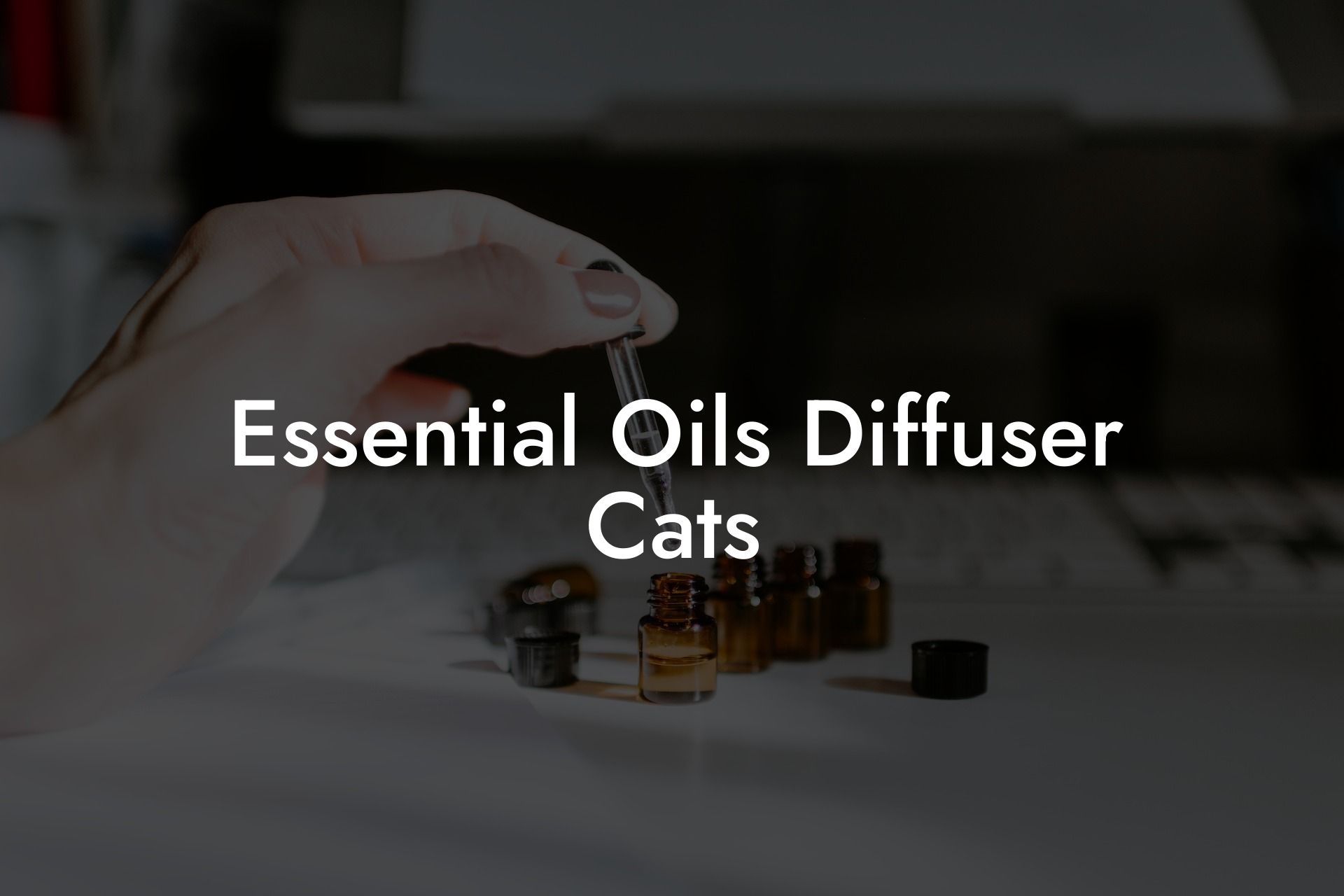When it comes to keeping our feline friends healthy and happy, it’s essential to consider the possible effects various household items may have on them. Essential oils have become increasingly popular in recent years, providing an array of benefits to humans. Many pet owners are now wondering about the safety of using essential oil diffusers around their cats. This article will delve into essential oils, their benefits, and how they can impact the wellbeing of your beloved pet – specifically focusing on cats.
Table of Contents
What Are Essential Oils?
Essential oils are natural compounds extracted from various plants, such as flowers, leaves, seeds, and bark. These oils have been used for centuries as natural remedies, perfumes, and even in food preparation. When it comes to using essential oils with pets, it’s crucial to understand which oils are safe and beneficial and which ones to steer clear of entirely.
The Benefits of Essential Oils for Humans
Essential oils have proven to have a variety of benefits for humans, including:
- Boosting energy levels
- Relieving stress and anxiety
- Promoting relaxation and better sleep
- Alleviating pain and inflammation
- Enhancing focus and concentration
These benefits are often experienced when using essential oils in a diffuser, allowing the oils to permeate the air and be inhaled. As humans, we enjoy a plethora of benefits when using essential oils; however, the question remains: Are they safe to use around our feline companions?
Essential Oils and Cats: The Concerns
Cats have a unique metabolic system that is much different from our own, making them more susceptible to certain chemicals found in essential oils. They lack a specific liver enzyme called glucuronyl transferase, which is essential in breaking down various compounds, including those found in essential oils. This deficiency can put cats at risk for toxicity and other health problems when exposed to certain essential oils.
Specific Essential Oils to Avoid for Cats
The following essential oils are considered toxic or unsafe for cats:
- Eucalyptus
- Tea Tree
- Lavender
- Peppermint
- Lemon
These oils can pose potential threats to cats, including skin irritations, digestive issues, and respiratory ailments.
Tips for Diffusing Essential Oils Safely Around Cats
If you choose to utilize essential oils in your home, there are several precautionary measures you should take when diffusing them around your feline friends:
- Avoid using toxic essential oils listed earlier.
- Diffuse oils in a well-ventilated area, preferably a room your cat doesn’t frequent.
- Monitor your cat for any signs of distress, such as sneezing, coughing, or signs of irritation or itchiness.
- Consult your veterinarian before using any essential oil products on your cat directly, such as flea treatments or shampoos.
Essential Oils Diffuser Cats Example:
Imagine you’re diffusing lavender essential oil in your living room, hoping to promote relaxation and calmness after a long day. Your cat, Whiskers, comes in and begins sneezing, rubbing her face against the furniture, and displaying signs of discomfort. In this situation, immediately turn off the diffuser, open windows for ventilation and relocate Whiskers to another room. Monitor her behavior closely and consult your veterinarian if her symptoms persist or worsen.
In conclusion, while essential oils can offer numerous benefits for humans, it’s crucial to consider their potential effects on our feline companions. By doing your research and taking essential safety precautions, you can still enjoy the benefits of essential oils without putting your cat’s health at risk. We encourage you to share this article with fellow cat owners and explore our other guides on Oshu Oils. Don’t forget to browse our incredible range of essential oils to find the perfect blend to suit your needs while ensuring your beloved pet’s safety and wellbeing.





















